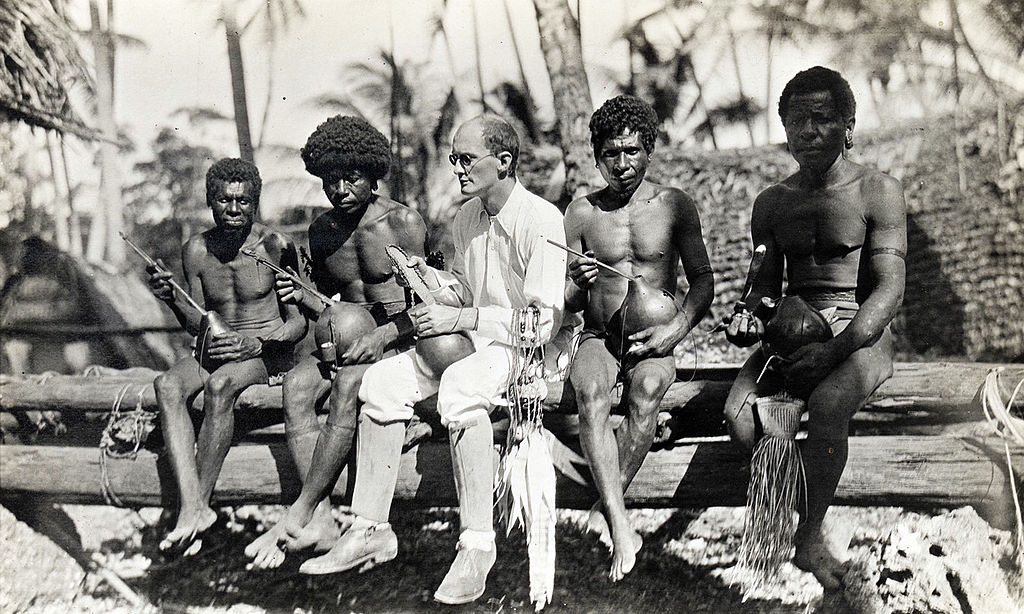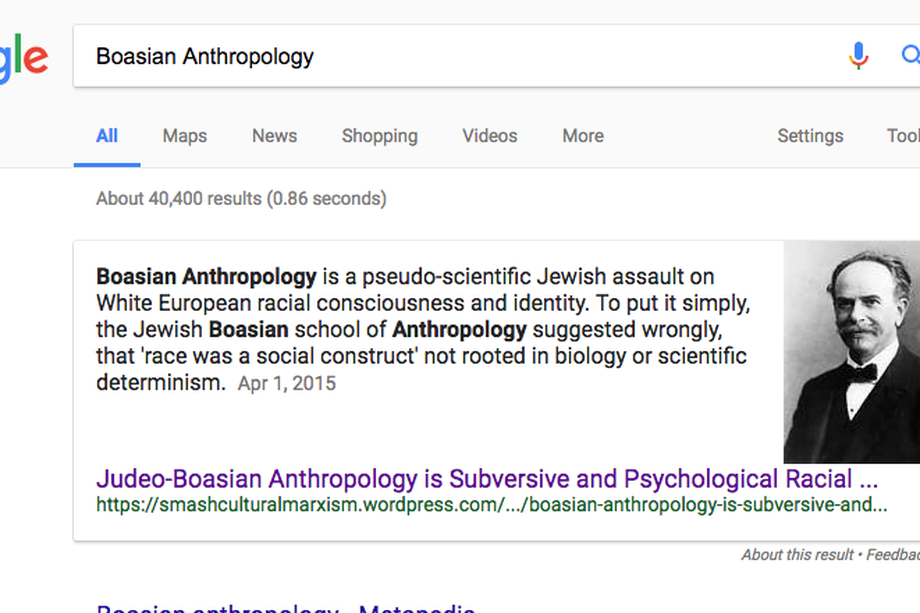Every Spring I teach “Letter from a Birmingham Jail” in the class immediately following MLK day. Typically I focus on first and second year college students. I do it for several reasons: For many of my students, “I have a dream” is the only text of MLK’s that they know; because it helps explain the reason for the season; and, most of all, because the letter is incredibly teachable.
I originally got the idea from Gerald Graff, who remarked that King was such a clear writer you could almost reconstruct the letter he was responding to just by turning his sentences around. So I said, alright, let’s do it. I’ve done the assignment is several different ways, but basically it goes like this: Students come to class, and we read the letter out loud, each student reading one paragraph at a time. We then begin with the logice of his argument: What are his claims, his reasons, and his examples (this goes pretty quickly in a college setting).
We then move on to rhetoric, asking: How does MLK creates roles for readers and audience in the text? Who does he compare himself to? Who is Paul, what is Tarsus? Many students don’t know this, while others are proud to be able to share their knowledge in an institution which is sometimes not totally welcome to practicing Christians. Some who think they are Christians realize they don’t actually know anything about key texts from their tradition. It’s interesting. But anyway the questions are: Who does he think his audience is? What does he assume that they know?
I then introduce the concept of heteroglossia and ask my student what other voices they can find in the text. How is this single-authored piece shot through with other opinions. Who is King agreeing with or disagreeing with? At the end of class I give students an assignment to write the letter than King was responding to, using only text-internal clues regarding what that letter said. I ask them to reconstruct the argument, as well as to sign it — that is, imagine what kind of people wrote it, even if they don’t know their names.
This process is not too hard on students — you could do it in middle school or high school, in addition to college. You can tweak it, asking them to read MLK’s letter outside of class and then come to class having written the letter to which he’s responding. You can assign some chapters on the book on the Letter from the Birmingham Jail, to provide context, or read other texts by King (I’ve used “Conforming Non-Conformist” in the past).
But really, it’s the ease of analyzing King’s text that makes the exercise so useful. Students feel like they can do it. And you can basically teach ALL intro level college analytic skills just out of this one piece of writing. Once they have that under their belt, you can tell them: “Great. Now on Thursday we’ll be doing this with Foucault. Good luck!”
King’s text is not just easy to analyze, it’s also a model of clarity and persuasive speech. King writes clearly and concisely, but does not write sparely or sparsely. When he needs to let the clauses roll out, they roll out. It’s a valuable corrective to the indigestible academic prose that fills the academy, and which our students unfortunately learn to imitate.
King is exemplary for more than just his prose of course. Undergraduates today — especially those in Hawai‘i — don’t live in King’s world. This is the first experience with Jim Crow that many of my students have had. It’s powerful. And King does more than remind readers of a past that they may not have had access to before. His approach to dialogue is important to. In academy which is used to critique, King tries to convince. In an academy which too often stigmatizes enemy subject positions, King offers readers a chance to be good people — if they get on board his plan. King doesn’t just know what’s wrong. He knows what’s right.
It’s also quite shocking to some students to see that King was in fact a political agitator. We have a vision of him as a great conciliator, someone who found common ground, increased shared understanding, etc. But the King of the Letter actively advocates disruptive, illegal protests. He urges us to heighten tensions, not resolve them. He encourages violation of unjust laws. King was an activist who did the right thing, not the legal thing. I sometimes feel that this is something that people would like us to forget about him.
Finally, reading the Letter makes students ask new questions: What happened after the letter was written? How did we get from there to here. If I fill in some of the context, they start asking: Who was Malcolm X? Martin Buber? If I am teaching a more advanced class, we begin asking “how are we interpellated as a subject? What are the rights and wrongs of such interpellation”?
Your mileage may vary, and it may be too late for you to incorporate some of this material into your own classes later on this week. I’m sure that I’m hardly the only person who finds time in class to teach MLK around MLK day. But if you haven’t yet, why not give this exercise a shot, or adapt it for your own use? Or why not share your own in-class exercises below? Thanks. And happy Martin Luther King Jr. Day.
 The canonical author of the canonical book, naked black people, white guy in white clothes being White — for a lot of people, it’s totally crazy-making. But in many ways, Malinowski was far more more complicated than we given him credit for. There are many people who deserve more criticism for their role in colonialism than Malinowski (just wait for my blog post on Julian Steward). This is not to absolve Malinowski of whatever sins he committed. Rather, it’s just to ask that we remember what he actually did rather than project sins onto him.
The canonical author of the canonical book, naked black people, white guy in white clothes being White — for a lot of people, it’s totally crazy-making. But in many ways, Malinowski was far more more complicated than we given him credit for. There are many people who deserve more criticism for their role in colonialism than Malinowski (just wait for my blog post on Julian Steward). This is not to absolve Malinowski of whatever sins he committed. Rather, it’s just to ask that we remember what he actually did rather than project sins onto him.
